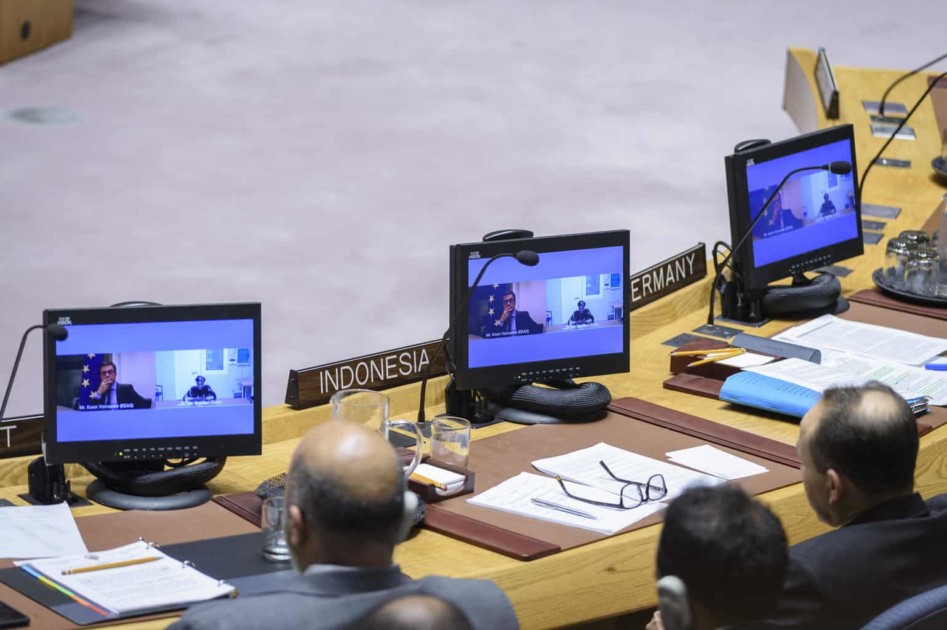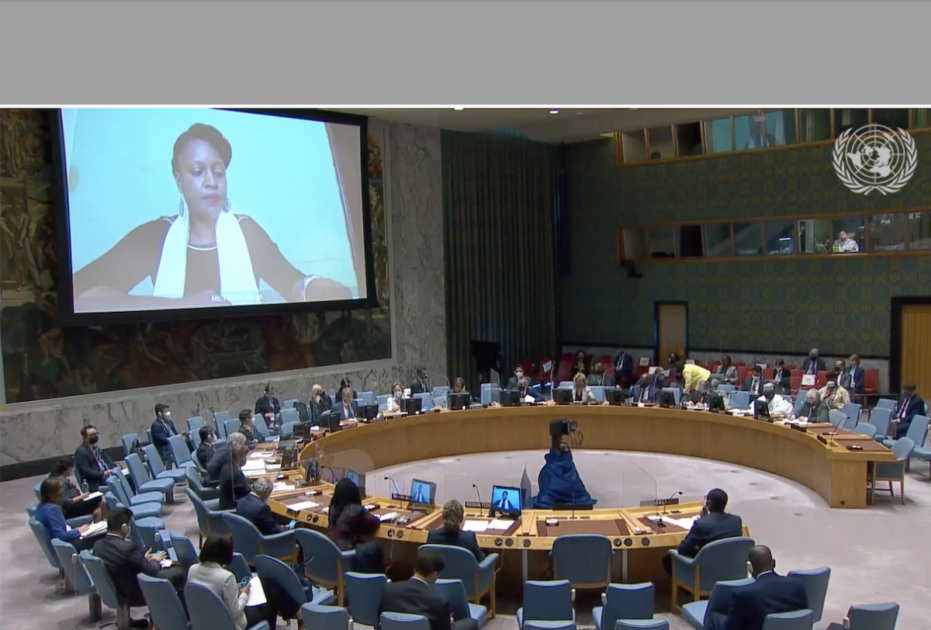Mali
Mali
Current and Past Recommendations to the UN Security Council (Monthly Action Points)
Violence targeting civilians in Mali continues to increase in frequency and seriousness, putting communities at extreme risk of human rights violations, including gender-based violence and forced displacement of over 300,000 individuals. Efforts to address Mali’s insecurity have included increased spending in military and defense, alongside several peace agreements and ceasefires, which remain insufficiently implemented. Recent analysis indicates that the government’s failure to prioritize justice and social services will continue to be a destabilizing factor. In the Council’s discussions, gender equality and human rights must be mainstreamed and prioritized; past discussions have been devoid of WPS. Women civil society leaders, activists, human rights defenders, and peacebuilders, including Ms. Assitan Diallo in her briefing to the Council in November 2019, have repeatedly highlighted stakeholders’ failure to meaningfully address provisions of the Bamako Agreement related to women’s meaningful participation and leadership. Although deliberations by the Comité de suivi de l’Accord indicated progress in advancing women’s inclusion, these efforts must be moved forward expeditiously and considered critical as part of efforts to ensure implementation continues in the context of the COVID-19 pandemic. Further, discussions should take into the importance of addressing impunity for gender-based violence, which has been exacerbated by the COVID-19 pandemic, call for increased access to justice and advancement of current judicial proceedings to ensure crimes are adjudicated in a timely manner (CEDAW/C/MLI/CO/6-7, S/RES/2364 (2017), OP 11, ICC, CICC).
Relevant Resources










